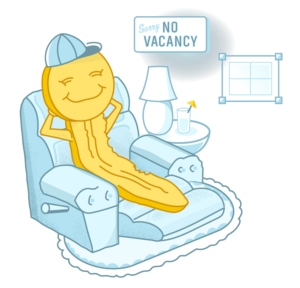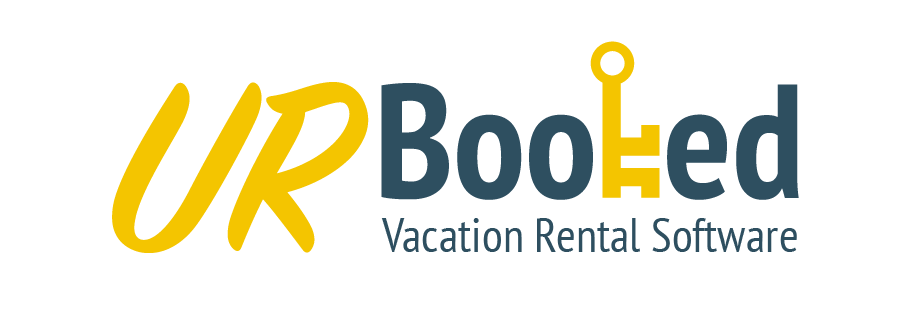Accounting is one of the most difficult parts of running a vacation rental business. However, every vacation rental business needs some form of accounting in order to function. While the basics of business accounting are the same for most companies, accounting differences may arise from a combination of factors, including the type and size of business, the number of transactions completed and the state in which the business is located.
Since untangling the complexities of running a vacation rental business can be quite difficult and confusing, particularly for a newbie, here are a few accounting basics that could save you a great deal of time and money, while also protecting you from legal issues down the road.
The Method of Accounting for Vacation Rentals
Cash basis accounting and accrual basis accounting are two methods of accounting that a business can use in order to record transactions. Although the results of these methods are the same over time, the most essential difference between them is the timing in which the transactions are recorded.
If you opt for the cash method, you need to record the income in your books on the day prospective guests deposit money to your bank account, regardless of their check-in dates. Using the same method, business expenses need to be recorded on the day you pay them, even if you receive the bills at a later date.
Coming down to the accrual method of accounting, this method requires you to record the income on the day your guests check into your property or on the day a service is performed, irrespective of when you actually receive the money or make the payment. For instance, with this method, the money is considered income to your business on the day a guest checks in, even if he or she pays the bill at check-out. On the other hand, an advance deposit paid by a guest would need to be recorded as liability for the amount received and placed into a trust account until the guest checks-in or checks-out, depending on when you have chosen to recognize the guest income.
The Bookkeeping System for Vacation Rentals
After selecting the most appropriate method of accounting for your business, it’s important to analyze your financial transactions and enter them into the accounting system. Business transactions must be recorded in a journal, also referred to as the Books of Original Entry.
Although there are two types of bookkeeping (single- and double-entry), the double-entry bookkeeping is the most widely used system. This system requires you to record two journal entries (a debit and a credit) for each transaction. Even though double-entry bookkeeping is more challenging than the single-entry system, it ensures your books are always balanced. As a result, you can easily notice if your profit starts dipping. Continuing with the above example, an advance deposit should be recorded as a debit to the Cash account and as a credit to the Liability account.
General Ledger Accounts for Vacation Rentals
The general ledger, also known as the Books of Final Entry, includes all the debit and credit accounts of a business and displays all the transactions along with the current balance of each account. In a nutshell, the general ledger holds the information that is typically required to prepare different financial statements. The account records registered in the general ledger are validated by a trial balance, in which the balances of the debit and credit accounts should be equal. If the balances aren’t equal, you need to identify and correct the errors in order to get accurate reports that reflect the true financial position and performance of your business.
Financial Statements For Vacation Rentals
After closing and balancing your books for a particular period, you can create a series of financial statements to get a clearer picture of your business’s financial health. These reports are:
- Profit and loss statement – Also referred to as income statement, the profit and loss (P&L) statement indicates how profitable your vacation rental business was over a given period of time.
- Balance sheet – Evaluating the capital structure, the balance sheet provides a snapshot of what your business owns (assets) and owes (liabilities).
- Statement of cash flow – This financial statement details exactly how much cash entered and left your business over a specific accounting period.
- Statement of changes in equity – This report indicates the changes in the owner(s) equity over a period of time, including the net profit or loss, dividend payments, increase/decrease in share capital reserves, and gains/losses recognized directly in equity.
While you could perform all these accounting tasks with the help of an accounting software solution, there is a much simpler way! And no, we’re not talking about hiring a bookkeeper or outsourcing your accounting tasks to a third-party firm. Instead, we recommend opting for comprehensive lodging management software, which allows you to handle different operations, from reservations and housekeeping to accounting. To find out how our lodging management software can help you manage your vacation rental business, feel free to request a demo and our professionals will get back to you soon!




